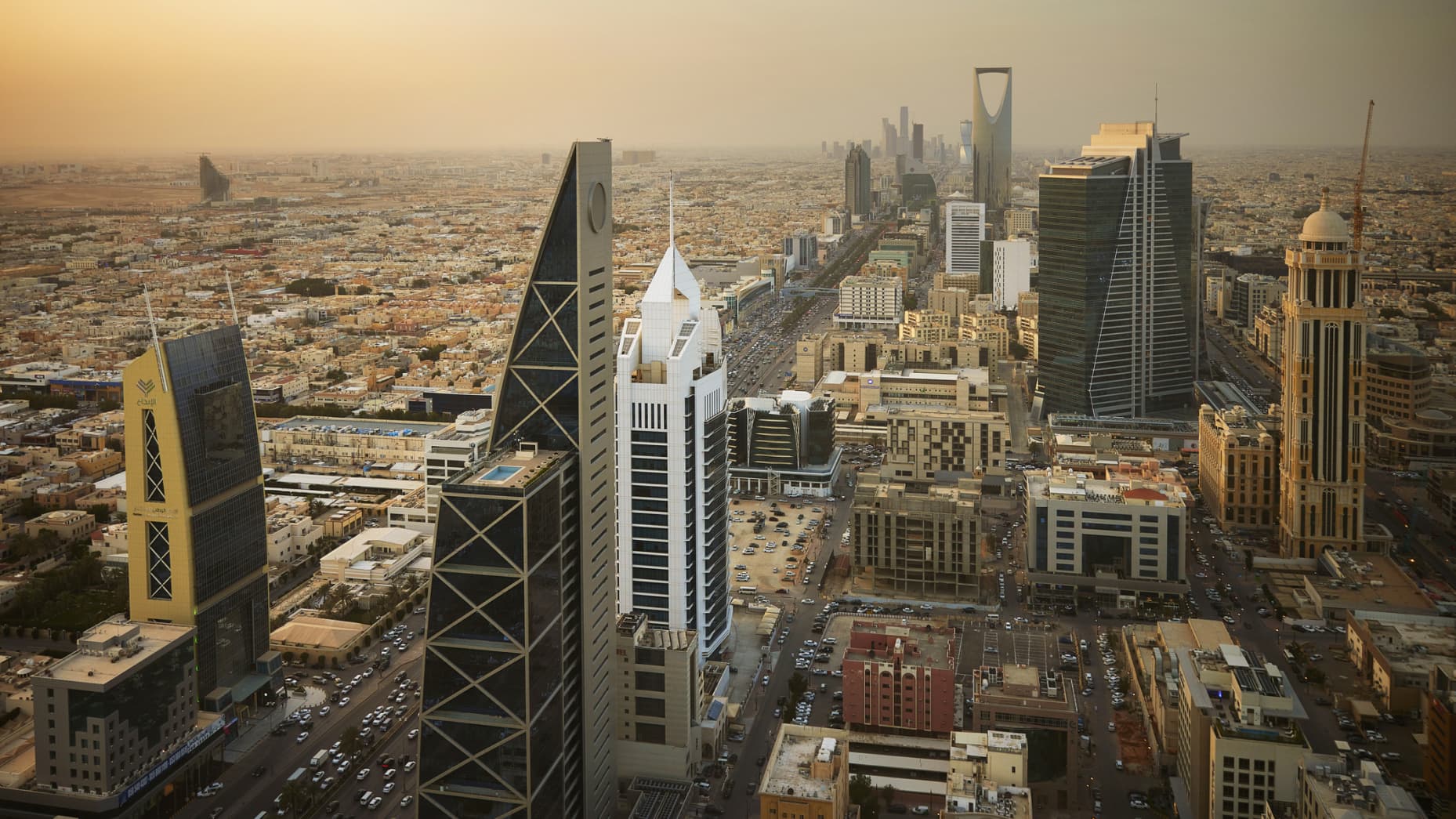The KPMG Report: The Next Horizon dives into Saudi Arabia’s bold sustainable ambitions.
Saudi Arabia is steadily reshaping its economic future, transitioning from an oil-dependent system to a diversified, knowledge-driven and globally integrated economy.
Consequently, tourism has become a strategic pillar, leveraging rich natural landscapes, cultural treasures and heritage sites to attract a global audience. According to the KPMG report, tourism generated SAR 444.3 billion (approximately USD 118.4 billion) in 2023, contributing 11.5 percent of national GDP. Moreover, the sector achieved a SAR 22.8 billion surplus in the kingdom’s balance of payments during the first quarter of 2023 alone.
Expanding tourism horizons
While traditionally rooted in religious pilgrimages, Saudi tourism is now branching into eco-adventures, cultural preservation and luxury travel experiences. Notably, signature developments like NEOM, the Red Sea Project and AlUla combine innovation with renewable infrastructure and low-impact urban planning.
Importantly, sustainability is not merely a slogan but a national imperative amid projected regional temperature increases of up to 4°C by 2050. In fact, such climate realities threaten summer tourism, prompting proactive adaptation and environmental resilience at the policy and project levels.
Environmental stewardship and global comparisons
Although global tourism emits around 8 percent of total greenhouse gases, Saudi Arabia’s emissions intensity is among the world’s lowest. According to KPMG, the kingdom ranks 15th globally in emission-intensity reduction, outperforming many of its regional and global counterparts.
In support of this transition, Saudi Arabia’s National Tourism Strategy integrates environmental goals across infrastructure, policies and promotional frameworks. One notable initiative is the Red Sea Project, covering 28,000 square kilometers, which prioritizes renewable energy and eco-conscious construction practices.
Spearheading sustainable innovation
Additionally, the Saudi Green Initiative plans to plant 10 billion trees and reduce carbon emissions by four million tons annually. In line with this, 30 percent of Saudi Arabia’s total landmass is being designated for environmental protection and biodiversity preservation. NEOM exemplifies smart city tourism, emphasizing clean energy systems, zero-emissions transit and next-generation sustainability technologies. Furthermore, community-led tourism efforts in AlUla preserve local traditions while generating inclusive income and conserving fragile ecosystems.
A sustainable tourism benchmark in the making
Thus, Saudi Arabia is now positioned as a frontrunner in the global movement toward ethical, sustainable and transformative tourism models. To maintain momentum, the kingdom must integrate sustainability into regulations, certifications and partnerships across the tourism value chain. By aligning stakeholders, from government to local communities, Saudi Arabia can future-proof tourism against shocks while delivering authentic visitor experiences.
Ultimately, if Vision 2030 goals stay on track, Saudi Arabia could become the world’s benchmark for sustainable tourism excellence.








